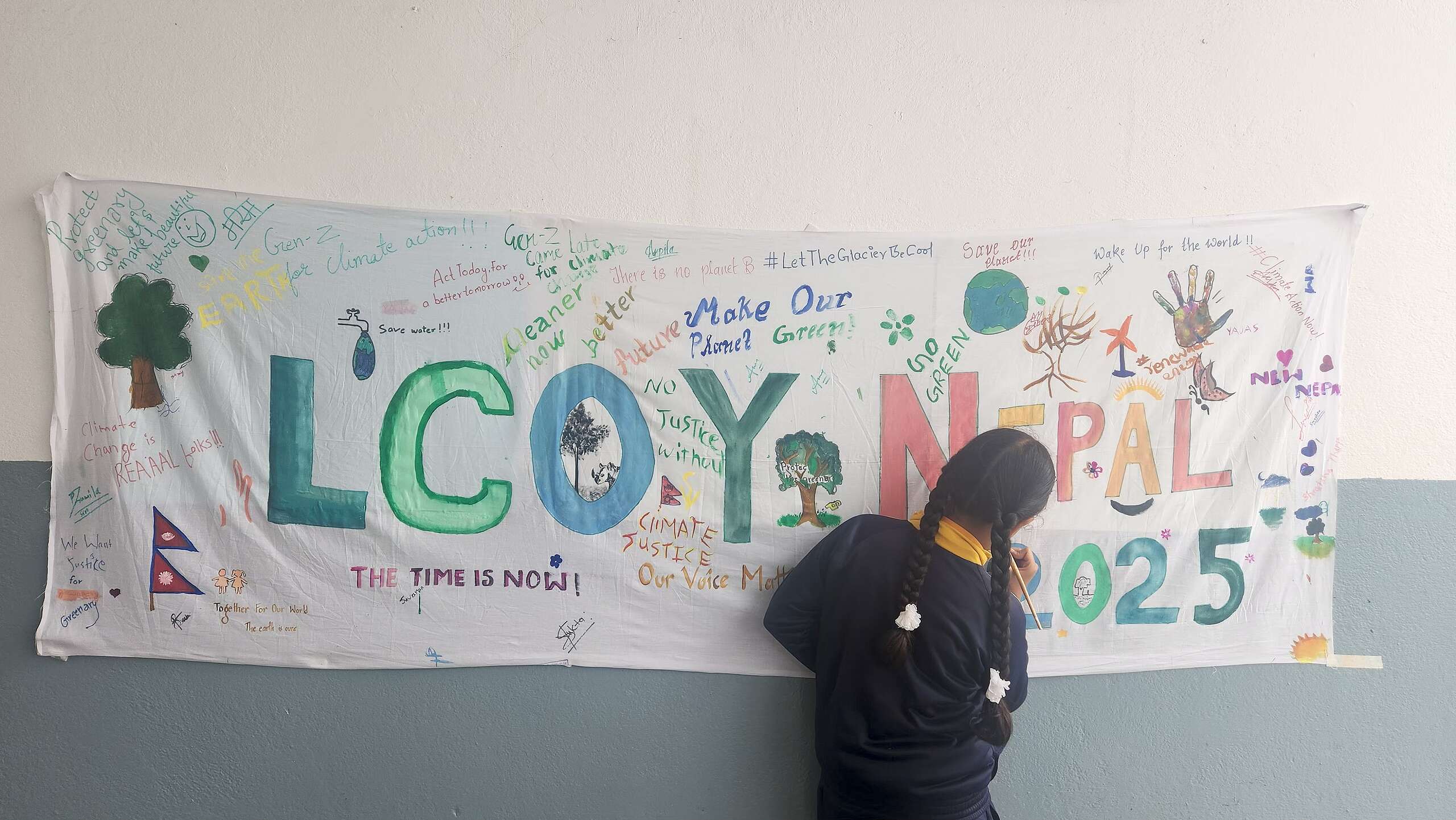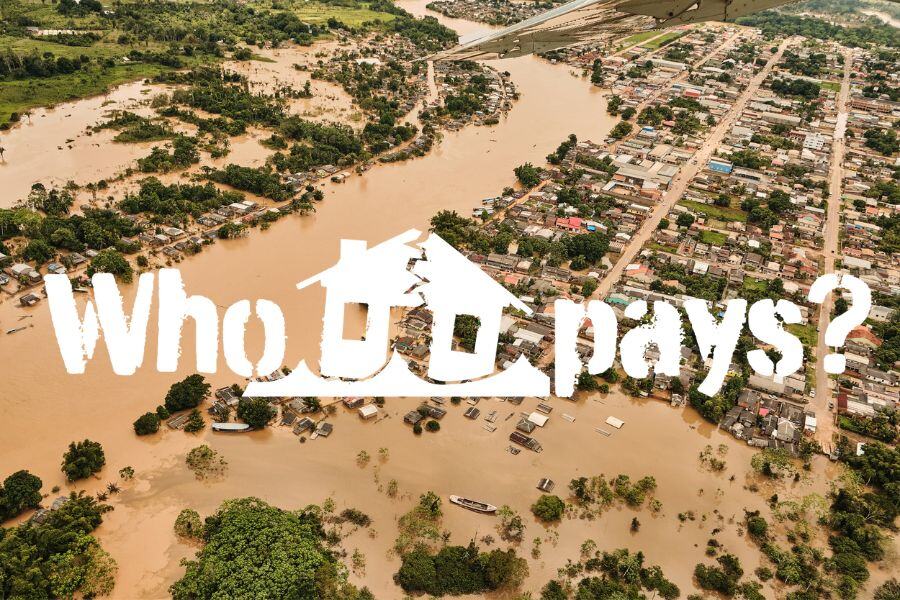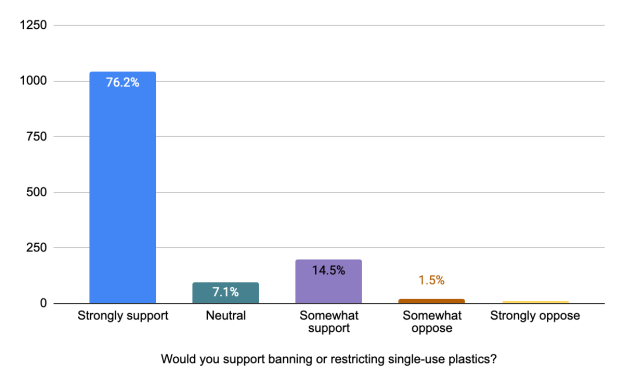The Global South calls for accountability, reparations, and equity at the world’s top court. Will the International Court of Justice set a new precedent for climate justice?

What does justice look like in a world where the most vulnerable are left to drown, burn, or be swept away by disasters they didn’t cause? How does accountability sound when spoken in the hallowed halls of the International Court of Justice? And will polluters, insulated by wealth and willful ignorance, finally feel the weight of their actions?
In December 2024, The Hague became a stage for unprecedented hope, heartbreak, and resolve. For the first time, the International Court of Justice heard arguments on the legal obligations of states to combat climate change and protect the rights of their citizens. This moment was not just for lawyers or diplomats—it was a moment for humanity, where the voices of the Global South carried the heaviest truths—amplifying calls for urgent action, reparations, and equity.
The proceedings, initiated by island nations like Vanuatu with Pacific Youth leading the charge, brought together 96 nation-states and 11 international organisations. Standing tall in front of fossil fuel enablers, the civic group argued for what should already be undeniable: polluters must pay. They must answer for lives lost, homes destroyed, and futures stolen. As Indigenous activist Flora Vano of Vanuatu poignantly said: “To the world leaders, please hear our voice. These are not stories. These are our everyday realities.”
From the Pacific, where rising seas threaten coastlines and histories, came the movement for legal accountability for climate change. Supported by grassroots activists, the Pacific Islands Forum launched the campaign to bring climate justice to the ICJ. Coral Pasisi, in presenting Vanuatu’s case, reminded the court of its role in shaping a fairer, safer world. When Pasisi spoke, one observer quipped—it was likely the first time the ICJ had heard the word “amazeballs” in a formal proceeding—a lighthearted yet earnest reminder that this fight belongs to a new generation unafraid to challenge conventions.
Here’s how South Asia showed up to pick up the gavel:
South Asia’s United Plea for Climate Justice
India’s legal counsel underscored the unfair distribution of the global carbon budget, pointing out how developed nations have historically benefited from emissions-heavy growth while consuming the majority of this finite resource. Representing a sixth of the global population, India’s counsel argued that equity must be central to any climate action, highlighting the immense challenge of transitioning from fossil fuels while addressing poverty and ensuring development. India called on the ICJ to hold high-emission nations accountable for delivering promised climate finance to support mitigation, adaptation, and recovery in the Global South.
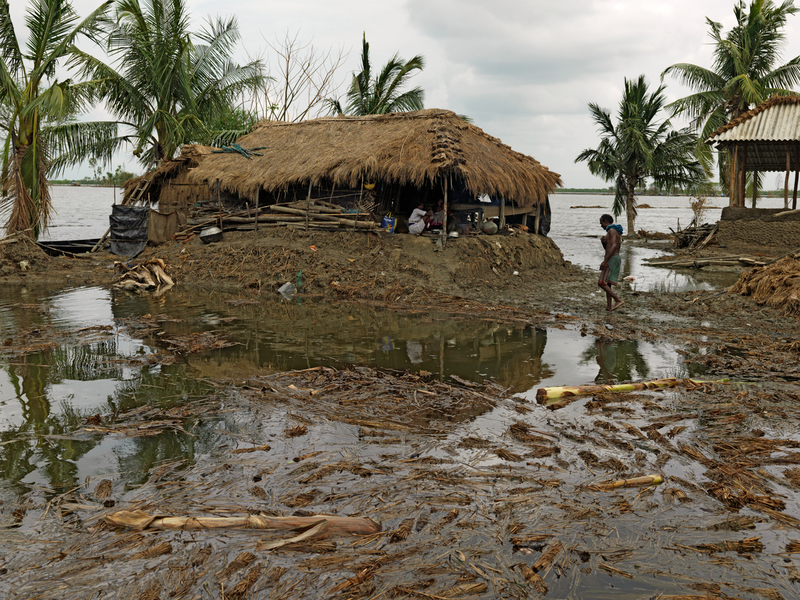
Sri Lanka emphasised the human cost of climate inaction, describing how rising seas, intensifying cyclones, and worsening floods threaten its people and sovereignty. It called for urgent global action to phase out fossil fuels, regulate emissions, and reject risky geoengineering* solutions. Sri Lanka’s plea was rooted in human rights, arguing that access to clean air, water, and food is jeopardised by climate inaction. It invoked the principle of intergenerational equity, reminding the court of states’ duty to safeguard the planet for future generations.
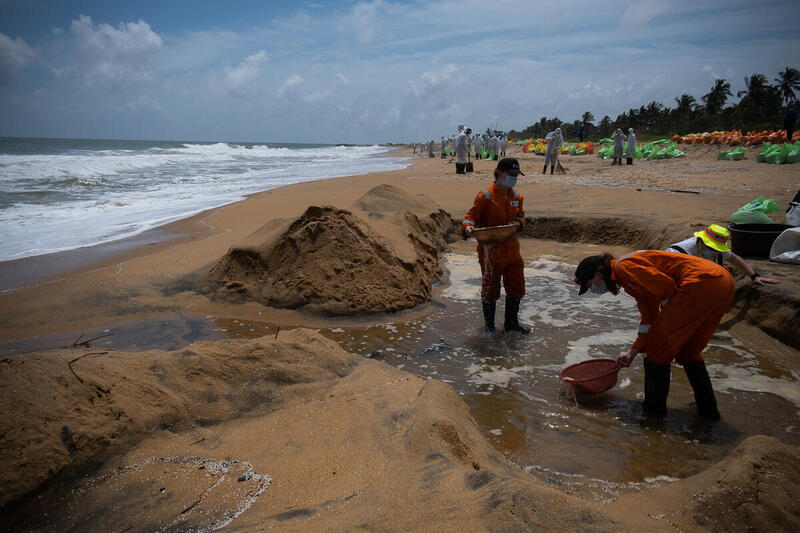
Bangladesh highlighted the dual injustice of climate change, where those least responsible—such as its own people—face its worst impacts. Melting glaciers, rising sea levels, and worsening monsoons are displacing millions, threatening livelihoods, and creating “climate refugees” without legal recognition or recourse. Bangladesh urged the ICJ to hold major polluters accountable for the loss and damage inflicted on vulnerable nations and demanded adequate financial support to meet the needs of those already facing devastating climate impacts.
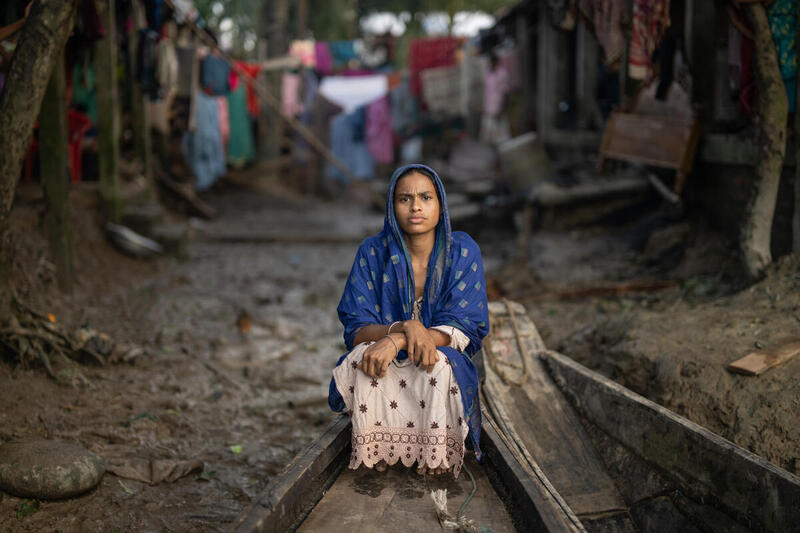
A Moment for Accountability; for Writing a New Legacy
As the ICJ deliberates, the world waits. Will the court issue an advisory opinion bold enough to match the scale of the crisis? Will it demand that polluters take responsibility not just for reducing emissions but for repairing the damage they have caused?
The stakes could not be higher. At COP29, the global climate finance deal failed to include a framework for loss and damage financing, leaving nations like Vanuatu, Sri Lanka, and Bangladesh in a state of limbo. While a loss and damage fund has been established, its coffers remain empty, with only vague pledges—far from the hundreds of billions needed annually.
“The ICJ has the potential to pave the way for a paradigm shift,” says Anita Perera, campaigner at Greenpeace South Asia. “A ruling from the court could inspire stronger international mechanisms, empower grassroots movements, and establish a crucial legal precedent for holding corporations and states accountable for climate harm.”
This moment is bigger than one court, one opinion, or one nation. It’s about the future of justice in an unjust world. The youth of the Pacific, the farmers of India, the coastal families of Bangladesh, and the fishers of Sri Lanka are all asking the same question: Will the world ACT?
The ICJ is not just deliberating on legal arguments; it is deciding the legacy it will leave behind. Will it rise to the occasion, as a beacon of justice and accountability, or will it falter under the weight of political inertia? For the billions already living the consequences of climate inaction, the court’s decision could mean the difference between survival and erasure.
To the ICJ, whose opinion is still awaited, we say this: The world is watching. Let your opinion be “amazeballs.” Let it be a historic, uncompromising stand for justice. Anything less is a betrayal of the future.
Author: Empty (they/them) is a writer and researcher with a special focus on the intersections of climate and social justice. They also write on queer and gender politics.
*Geoengineering: Large-scale technological interventions in the Earth’s climate system aimed at counteracting climate change
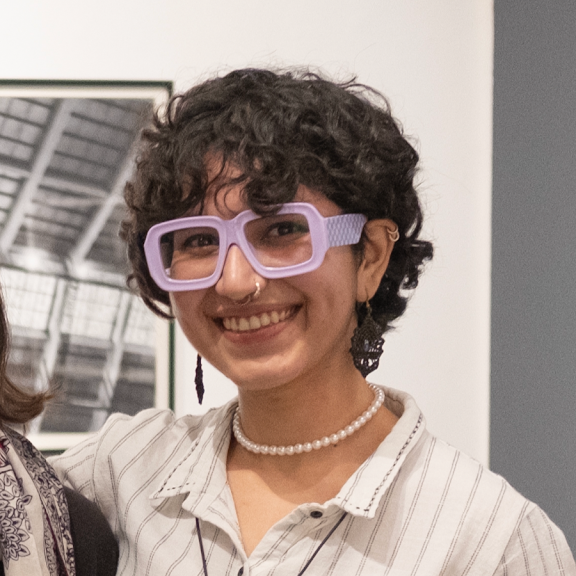
About the author
Empty (they/them) is a Communications Consultant with Greenpeace India. They are a writer and researcher focusing on the intersections of climate and social justice. They write on queer and gender politics as well.
https://www.icj-cij.org/sites/default/files/case-related/187/187-20241220-oth-05-00-en.pdf
https://webtv.un.org/en/asset/k1e/k1e1bdojhx
https://webtv.un.org/en/asset/k12/k129eekurc
https://thewire.in/environment/the-climate-reckoning-whos-accountable-for-the-future-of-the-planet
https://www.eco-business.com/news/philippines-bangladesh-ask-top-court-to-recognise-climate-harm-as-a-violation-of-international-law/https://www.thehindu.com/news/national/at-icj-hearing-india-slams-developed-nations-for-climate-crisis/article68952420.ece

